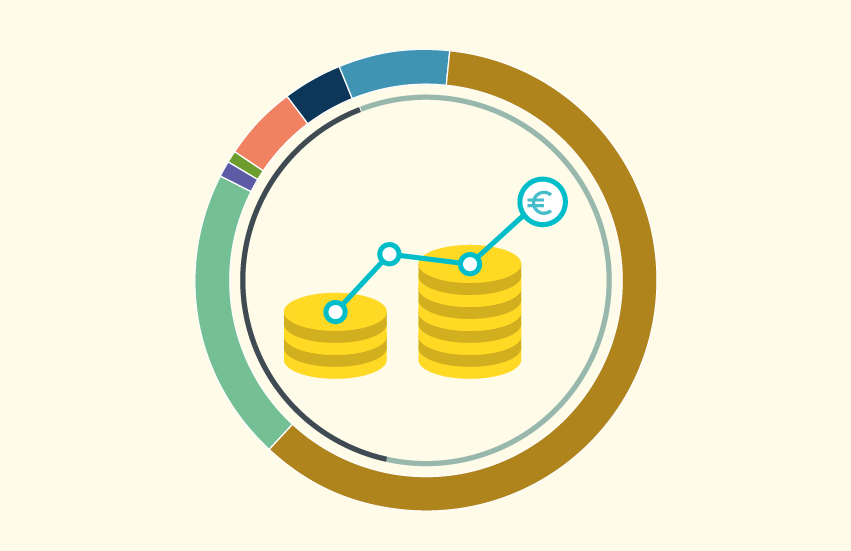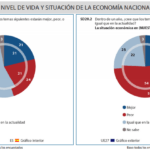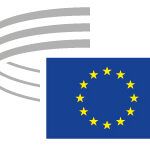Following the European Parliament’s consent, the Council has adopted the regulation laying down the EU’s multiannual financial framework for 2021-2027.
The regulation provides for a long-term budget of €1 074.3 billion for the EU27 in 2018 prices, including the integration of the European Development Fund. Together with the Next Generation EU recovery instrument of €750 billion, it will allow the EU to provide an unprecedented €1.8 trillion of funding over the coming years to support recovery from the COVID-19 pandemic and the EU’s long-term priorities across different policy areas.
The next long-term budget will cover seven spending areas. It will provide the framework for the funding of almost 40 EU spending programmes in the next seven-year period.
Key features
Under the next multiannual financial framework, EU funding will be geared towards new and reinforced priorities across the EU’s policy areas, including green and digital transitions. Cohesion policy and the common agricultural policy will continue to receive significant funding and undergo modernisation to ensure that they best contribute to Europe’s economic recovery and the EU’s green and digital objectives.
In total, around a third of EU spending under the long-term budget will contribute to new and reinforced policy areas. Funding under the new recovery instrument will help EU member states to tackle the consequences of the COVID-19 crisis, thereby strengthening modernisation and resilience.
The EU will be spending €132.8 billion in the spending area of single market, innovation and digital and €377.8 billion on cohesion, resilience and values. These amounts will increase to €143.4 billion and €1 099.7 billion, respectively, with additional funding from the Next Generation EU, including loans to member states. A further €356.4 billion of funding will go to the area of natural resources and environment (€373.9 billion with the contribution from the Next Generation EU).
Spending in the areas of migration and border management will amount to €22.7 billion over the next seven years, and €13.2 billion will be spent in the fields of security and defence. Funding for the EU neighbourhood and the world will amount to €98.4 billion.
New and reinforced programmes
In order to support the digital transition, a new funding programme, Digital Europe, is established to promote the large-scale roll-out and uptake of key digital technologies such as artificial intelligence applications and state-of-the-art cybersecurity tools. The digital strand of the Connecting Europe Facility will also get a significant boost in funding.
A new EU4Health programme will provide a strong basis for EU action in the health field based on lessons learned during the COVID-19 pandemic.
In the field of research and innovation, the Horizon Europe programme will benefit from a significant increase once funding on the basis of the EU’s recovery instrument becomes available.
Support for migration and border management has also been considerably reinforced, including to fund up to 10 000 border guards at the disposal of the European Border and Coast Guard Agency by 2027. In the field of security and defence, a new European Defence Fund will be established to promote the competitiveness, efficiency and innovation capacity of the EU’s defence, technological and industrial base.
Programmes for young people, such as Erasmus+ and the European Solidarity Corps, will also be strengthened, with the Erasmus+ programme expected to triple the number of participants in the course of the new multiannual financial framework.
To support the most vulnerable carbon intensive regions in their transition towards a climate-neutral economy, a new Just Transition Fund is created. It will receive funding under both the next long-term budget and the EU recovery instrument.
Next steps
Most of the sectoral EU funding programmes are expected to be adopted in early 2021 and will apply retroactively from the beginning of 2021.
For the implementation of the Next Generation EU recovery instrument, the EU’s own resources decision will need to be approved in all member states in accordance with their constitutional requirements. Under the decision, the Commission will be authorised, on an exceptional basis, to borrow up to €750 billion in 2018 prices on the capital markets to address the consequences of the COVID-19 crisis.
Most of this funding will be channelled through a €672.5 billion Recovery and Resilience Facility which will support public investments and reforms in member states through grants and loans, helping them to address the economic and social impact of the COVID-19 pandemic, as well as the challenges posed by the green and digital transitions.







Leave a Reply